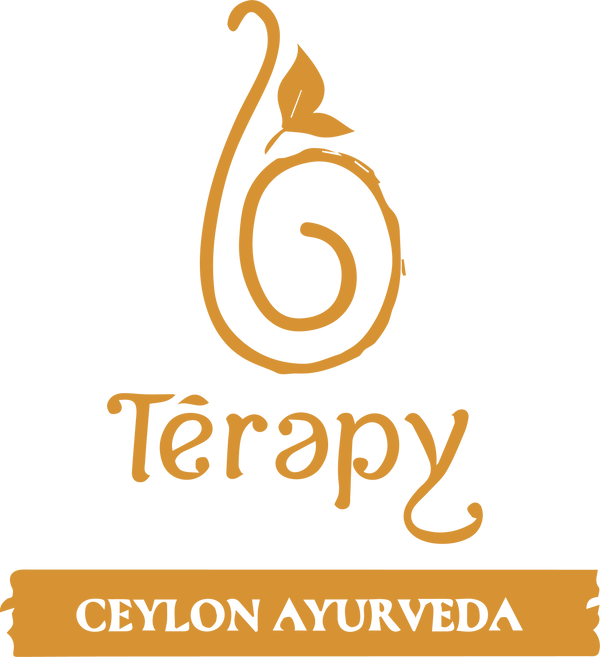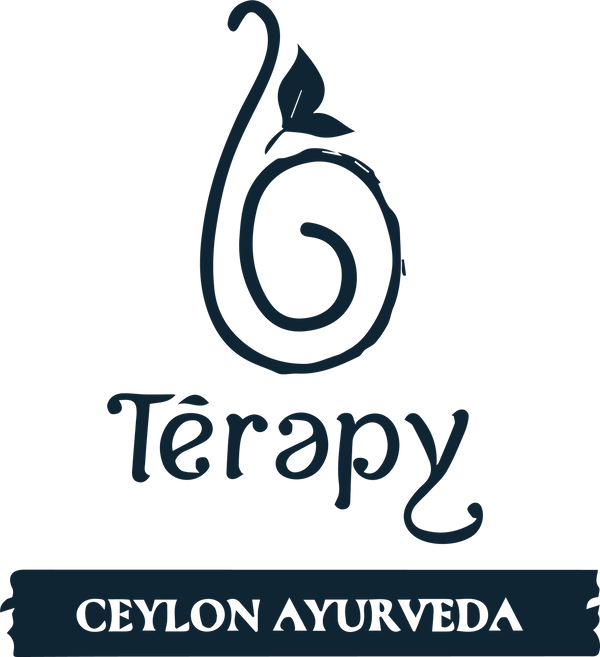In the bustling symphony of modern life, where stress and demands vie for our attention, the ancient wisdom of Ayurvedic teas emerges as a soothing melody for the mind, body, and spirit. Beyond their delightful flavors, these sacred brews weave together spiritual and medicinal elements, drawing on ancient remedies to promote harmony and alleviate everyday aches and pains. Join us on a journey into the world of Ayurvedic teas, where ancient wisdom meets contemporary well-being, inspired by the time-honored remedy of Paspanguwa.
Ayurveda, the ancient holistic healing system that originated in India over 5,000 years ago, perceives health as a harmonious balance between the mind, body, and spirit. In the Ayurvedic tradition, the integration of herbs, spices, and botanicals in teas is not just a culinary delight; it is a sacred practice aimed at promoting holistic well-being and aligning the individual with the rhythms of nature.
At the heart of our exploration is Paspanguwa, an ancient Ayurvedic remedy that has stood the test of time. Traditionally used in Sri Lanka, Paspanguwa is a concoction of multiple herbs, each selected for its unique healing properties. The blend typically includes ingredients like Ginger, Coriander, Pawatta, venivel (Coscinium fenestratum), and Padpadagum (Aerva lanata). This sacred brew has been embraced not only for its distinctive taste but also for its holistic approach to wellness. The efficacy of Paspanguwa as a natural pain killer is not merely folklore; it finds support in scientific inquiry. Let's delve into the research-backed aspects of each key ingredient:
- Ginger’s Analgesic Charm:
A study published in the "Journal of Pain" highlighted the analgesic effects of ginger, particularly in reducing muscle pain. Gingerol, a bioactive compound in ginger, is believed to play a role in modulating pain pathways.
- Coriander’s Anti-Inflammatory Symphony:
Research published in the "Journal of Young Pharmacists" demonstrated the anti-inflammatory effects of coriander. This property contributes to its potential in managing pain associated with inflammatory conditions.
- Venival’s Traditional Wisdom Validated:
Venivel, though less explored in scientific literature, has been traditionally used for its anti-inflammatory properties. Further research may unveil the specific mechanisms that contribute to its role in pain relief.
- Thipili (Piper Longum) Nature’s cure for Joint Pain
Thippili, also known as Piper longum or Indian Long Pepper, is a spice that has been traditionally used in Ayurvedic medicine. It is believed to have anti-inflammatory and analgesic properties, making it potentially beneficial for everyday pain relief. Thippili is often used in formulations to address conditions such as joint pain and arthritis in holistic remedial treatments.
- Pawatta – the soothing touch
Pavetta indica, commonly known as Pavatta or Pawatta, is a tropical plant found in some parts of Asia and Africa. It has been used in traditional medicine for various purposes. Traditional used in combination of other herbs for remedies and ailments, this has a strong anti-inflammatory benefit and will provide that much needed soothing effect on your body’s aches and pains after an hectic day.
The Holistic Approach of Paspanguwa Beyond a Natural Pain Relief
Paspanguwa's role as a natural pain killer extends beyond mere alleviation of discomfort; it embodies a holistic approach to well-being. In Ayurveda, pain is often viewed as an imbalance in the body's energies or doshas. Paspanguwa, with its blend of herbs, seeks to restore this balance, addressing the root causes of pain rather than merely masking the symptoms.
To harness the full potential of Paspanguwa as a natural pain killer and holistic healer, consider incorporating it into your wellness rituals:
- Day Sip for Prevention - Make Paspanguwa a part of your daily routine, even in the absence of acute pain. Its preventive properties and overall well-being benefits can be valuable in maintaining balance.
- Post-Workout Recovery - After a strenuous workout, consider sipping on Paspanguwa to ease muscle soreness. The anti-inflammatory and analgesic properties of its ingredients may aid in a quicker recovery.
- Mindful Pain Management - During periods of discomfort or pain, approach Paspanguwa mindfully. Use the ritual of preparing and sipping the herbal blend as a moment of self-care and healing.
In the realm of natural pain killers, Paspanguwa stands not just as a remedy but as a custodian of ancient wisdom—a timeless legacy handed down through generations. As you sip this herbal elixir, envision the synergy of ginger, coriander, Pawatta, venivel, and Thippili working in harmony to soothe, heal, and restore. Paspanguwa is not just a concoction; it's a testament to the profound connection between nature's remedies and the intricate dance of mind, body, and spirit. Embrace its healing touch and unlock the gateway to a pain-free, balanced existence.
You can now enjoy this natural everyday holistic pain killer in the comfort of your home or on the go with Terapy Ceylon’s Prana Ease. Packed with these patented 10 active ingredients it’s a great holistic healer. Its 100% herbal and naturally caffeine free.


